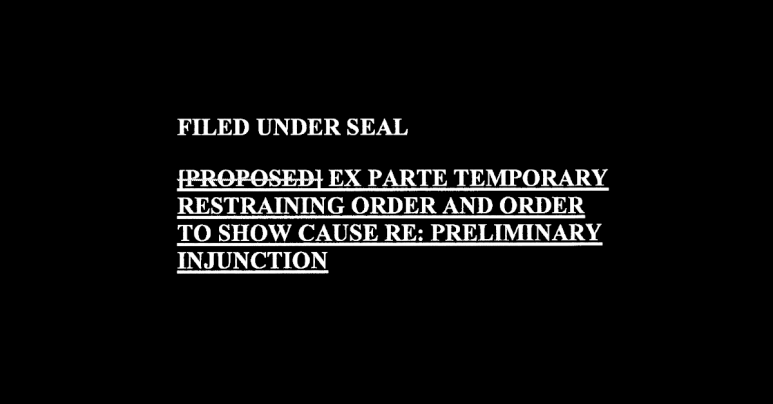Google wins court order against Pakistani gang accused of infecting computers with botnet
This court order doesn’t just apply to domain name registrars or hosting providers but covers blocking network traffic
Google has won a court order to force ISPs to filter botnet traffic. A US court recently unsealed a restraining order against a cybercriminal gang operating out of Pakistan that came on the back of a formal legal complaint from Google.
The tech giant reportedly collected evidence about the cybergang and accused it of ripping off Google product names, icons, and trademarks to push their malware distribution service. According to the report, the allegations also include running “pay-per-install” services for alleged software bundles that deliberately injected malware onto victims’ computers and operating a botnet to steal, collect, and collate personal data from hundreds of thousands of victims in the US.
Loosely known as CryptBot, the cybergang is alleged to have plundered browser passwords, illicitly-snapped screenshots, cryptocurrency account data, and other personally identifiable information.
“The Defendants are responsible for distributing a botnet that has infected approximately 672,220 CryptBot victim devices in the US in the last year. At any moment, the botnet’s extraordinary computing power could be harnessed for other criminal schemes,” the court order said.
“Defendants could, for example, enable large ransomware or distributed denial-of-service attacks on legitimate businesses and other targets. Defendants could themselves perpetrate such a harmful attack, or they could sell access to the botnet to a third party for that purpose,” it added.
The defendant group didn’t show up in court to argue their case. The court favoured a temporary restraining order and said that the criminal enterprise is defrauding users and injuring Google. It also authorised Google to identify network providers…





